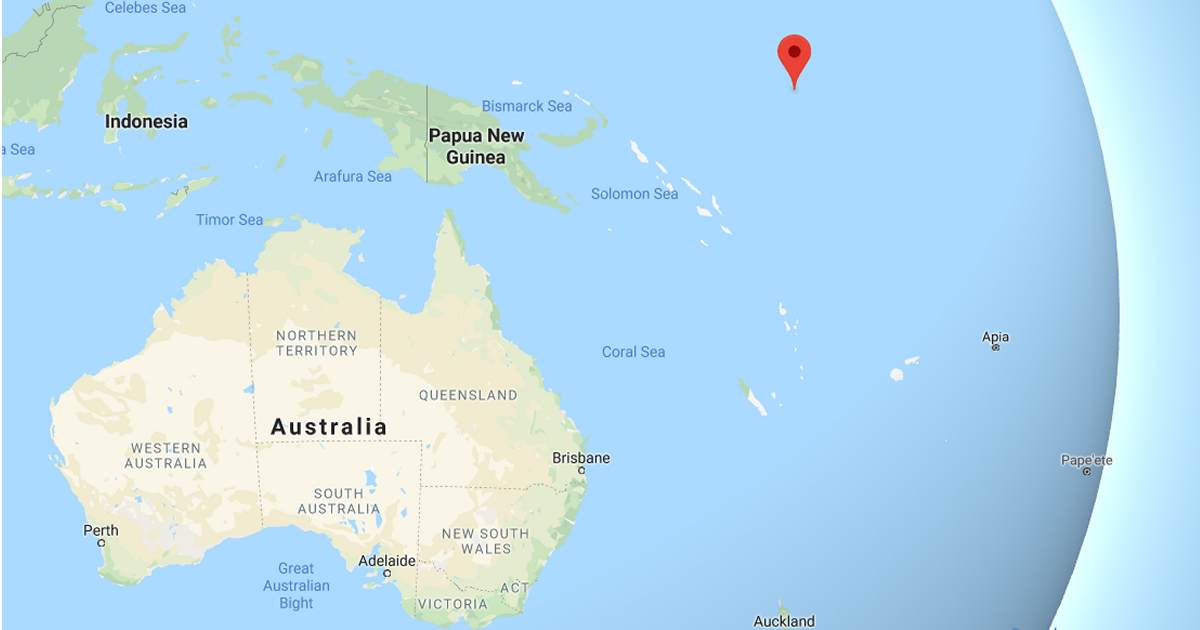
Image – Google Maps
The Government of Nauru is receiving a USD $22 million grant from the Asian Development Bank for a solar + storage project that will provide a huge boost to the tiny nation’s renewable energy capacity.
Nauru is an island country in Micronesia situated between Hawaii and Australia. With a total land area of just 21 km2, it is the third smallest country in the world. Many Australians would have heard of the place as it was previously used by the Australian Government as a dumping ground for refugees.
Electricity supply for Nauru’s population of around 11,200, like in many other island nations, is primarily through diesel generation – which is expensive and carbon-intensive. However, in recent years solar power has been playing a bigger role – including a 500kW installation and solar power systems installed at twenty schools.
Solar energy will soon play an even more important part of the shift away from fossil fuels, along with battery storage.
The Asian Development Bank grant, announced last week, will support the construction of a 6MW grid-connected solar power plant and a 5MW/2.5MWh battery storage system that will be integrated with existing diesel generation.
From 3% To 47% Renewables
The impact the project will have is significant.
“The Solar Power Development Project will reduce diesel dependency and help boost the amount of electricity generated from renewable sources from 3.0% to 47%,” said ADB Director General for the Pacific Carmela Locsin.
Even at the current 3%, that was a big step up from just a few years ago. In 2015, renewables accounted for approximately 0.1 percent of actual total consumption in Nauru.
The ADB says once the project is completed, solar power will provide 100% of grid-connected electricity supply to the nation’s population during daylight hours.
The Government of Nauru will be kicking in $4.98 million towards the initiative – which works out to around $452 per resident. Staff from Nauru Utilities Corporation will be trained in the operation and management of the solar + energy storage plant.
Other than saving money on electricity generation, Nauru has a special interest in emissions reduction as sea level rise associated with global warming poses a threat to the island given most of the population lives on the coast. While the interior of the island has greater elevation, much of it has been ravaged by phosphate mining. The level of acidification has also been slowly increasing in Nauru’s waters, an effect caused by the ocean’s increased absorption of carbon dioxide.

 RSS - Posts
RSS - Posts



Just a note that Nauru is still a dumping ground for Australian refugees. It’s the reason Dutton is frothing at the mouth about the medevac legislation.